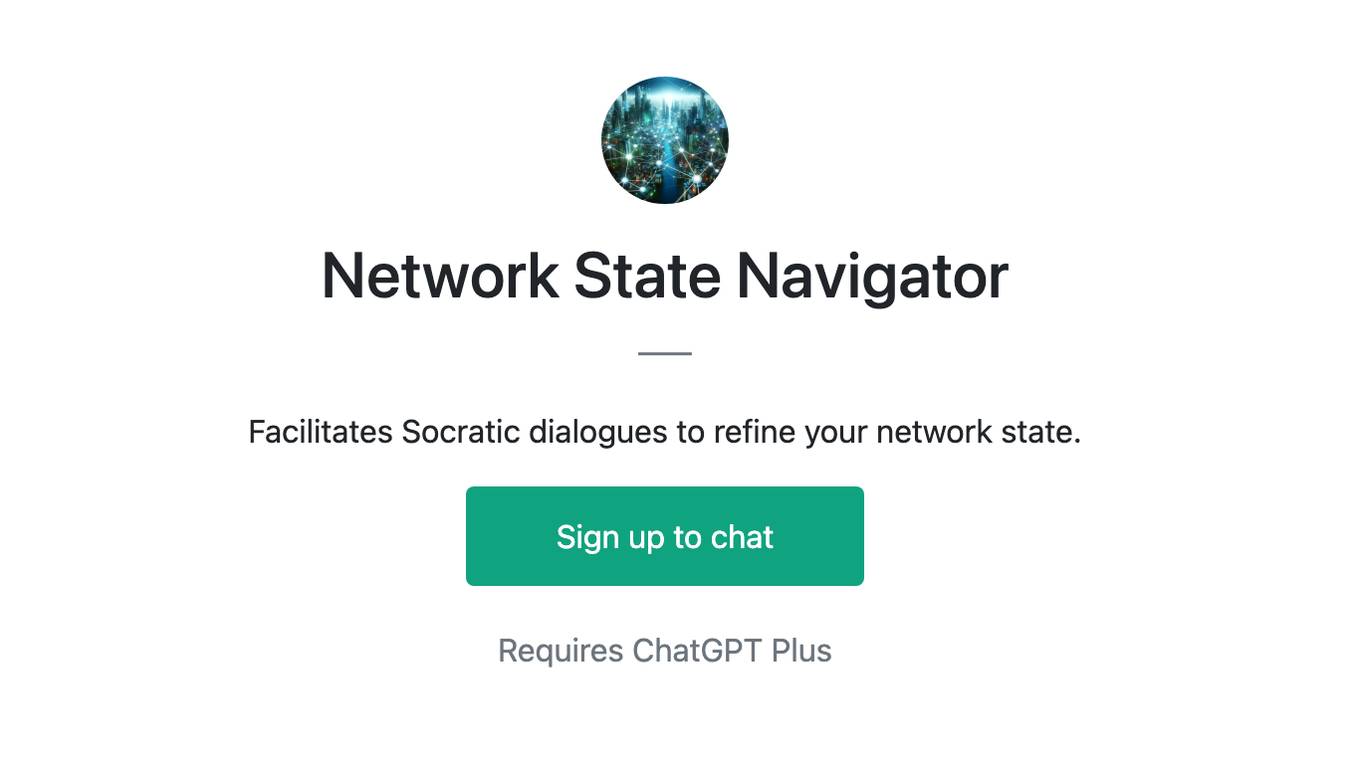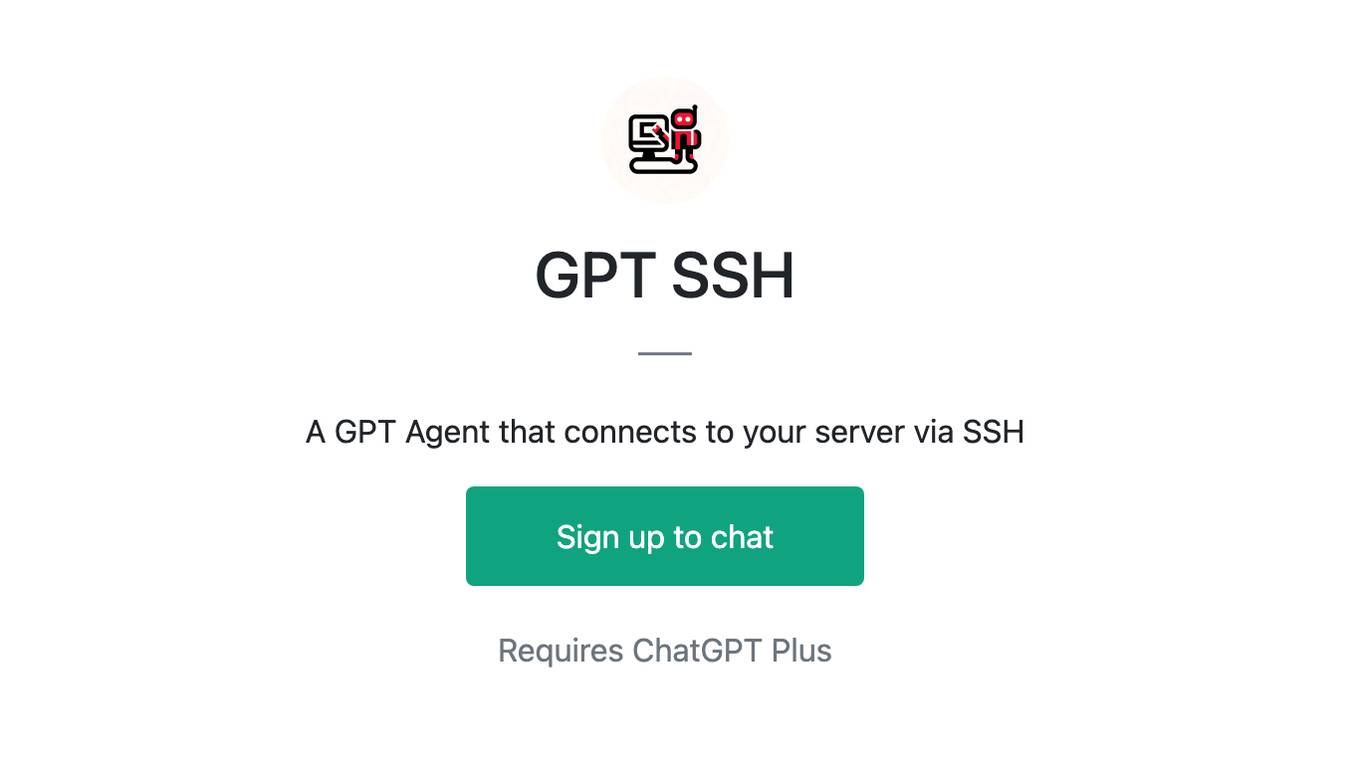Best AI tools for< Configure Network Devices >
20 - AI tool Sites

ITVA
ITVA is an AI automation tool for network infrastructure products that revolutionizes network management by enabling users to configure, query, and document their network using natural language. It offers features such as rapid configuration deployment, network diagnostics acceleration, automated diagram generation, and modernized IP address management. ITVA's unique solution securely connects to networks, combining real-time data with a proprietary dataset curated by veteran engineers. The tool ensures unparalleled accuracy and insights through its real-time data pipeline and on-demand dynamic analysis capabilities.
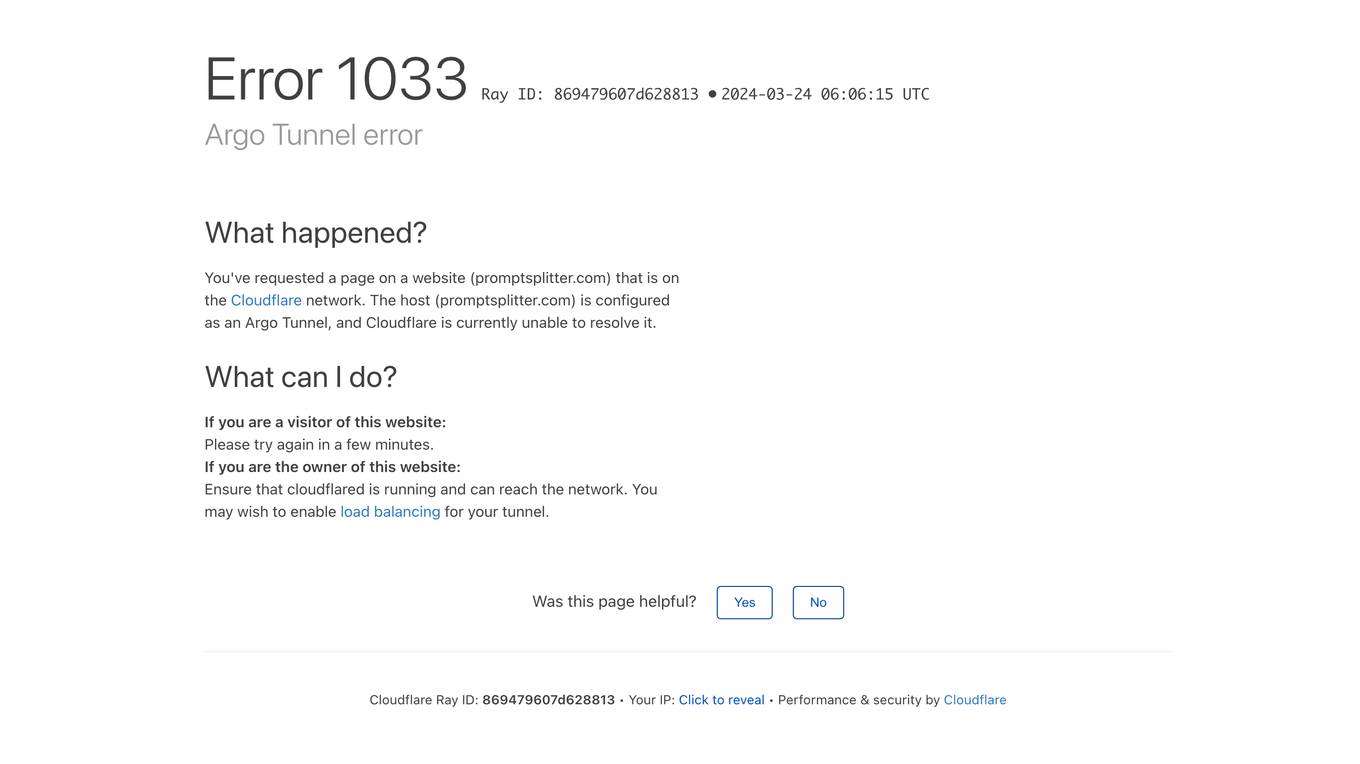
promptsplitter.com
The website promptsplitter.com encountered a Cloudflare Tunnel error, preventing access to the requested page. Users are advised to try again in a few minutes. The site is hosted on the Cloudflare network, and the error may be due to configuration issues. The error message provides guidance for both visitors and website owners on potential solutions to resolve the issue.
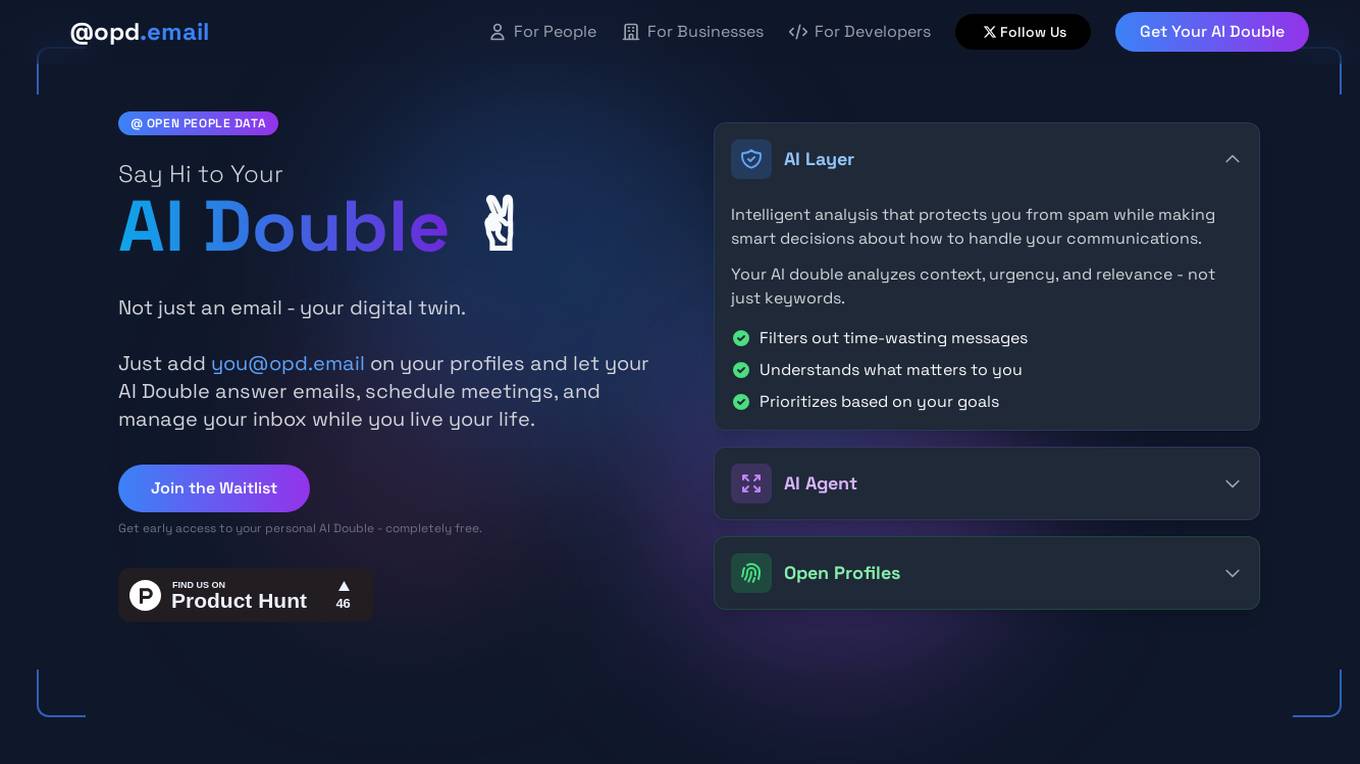
Your AI Double
The website 'Your AI Double' offers a unique AI tool that serves as your digital twin to manage emails, schedule meetings, and prioritize communications. It provides an AI layer for intelligent analysis, an AI agent for task handling, and open profiles for professional networking. Users can configure their digital persona, connect real accounts, and control their digital identity. The platform emphasizes privacy, integration with various apps, and premium identities for enhanced trust and visibility.

403 Forbidden
The website appears to be displaying a '403 Forbidden' error message, which typically means that the user is not authorized to access the requested page. This error is often encountered when trying to access a webpage without the necessary permissions or when the server is configured to deny access. The message 'openresty' may indicate that the server is using the OpenResty web platform. It is important to ensure that the correct permissions are in place and that the requested page exists on the server.
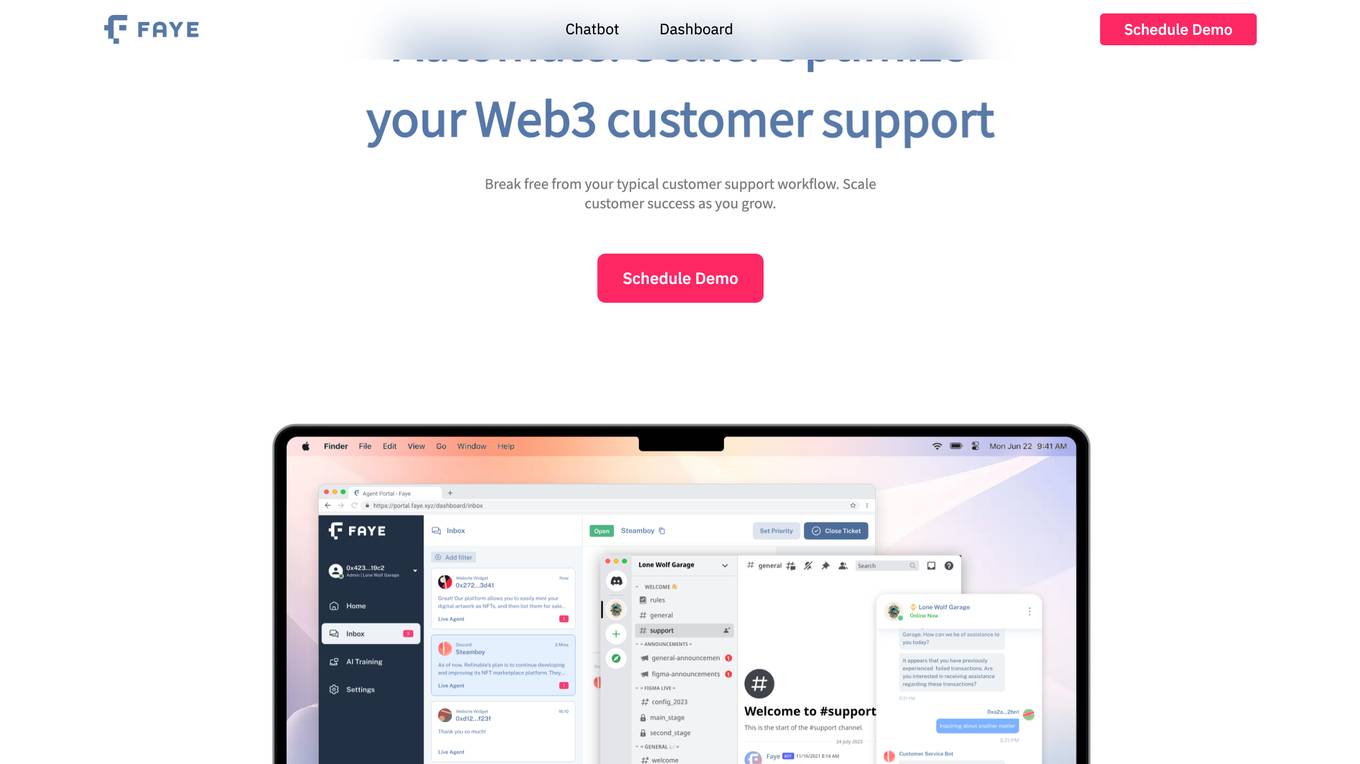
faye.xyz
faye.xyz is a website experiencing an SSL handshake failed error (Error code 525) due to Cloudflare being unable to establish an SSL connection to the origin server. The issue may be related to incompatible SSL configuration with Cloudflare, possibly due to no shared cipher suites. Visitors are advised to try again in a few minutes, while website owners are recommended to check the SSL configuration. Cloudflare provides additional troubleshooting information for resolving such errors.

OpenResty
The website is currently displaying a '403 Forbidden' error, which indicates that the server understood the request but refuses to authorize it. This error is typically caused by insufficient permissions or misconfiguration on the server side. The 'openresty' message suggests that the server is using the OpenResty web platform. OpenResty is a powerful web platform based on Nginx and LuaJIT, providing high performance and flexibility for web applications.
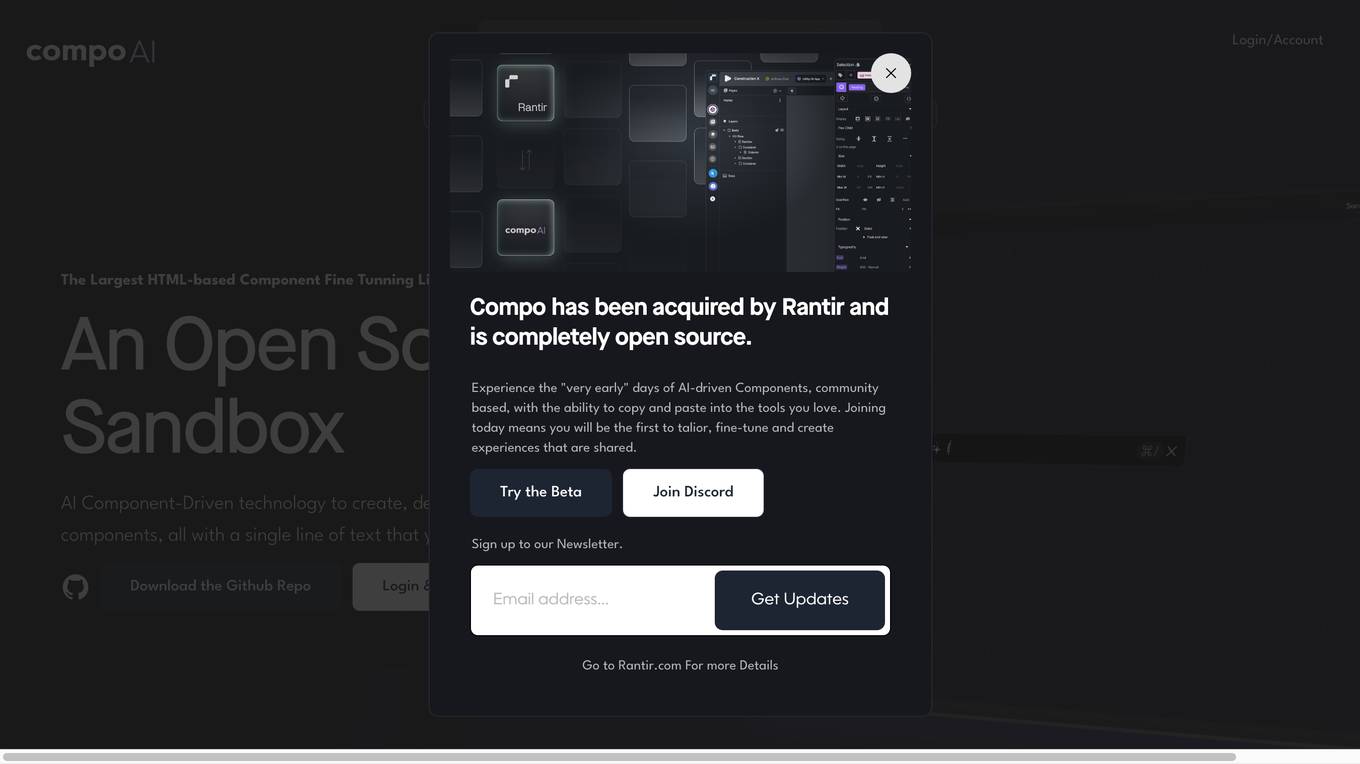
OpenResty
The website is currently displaying a '403 Forbidden' error, which means that access to the requested resource is forbidden. This error is typically caused by insufficient permissions or misconfiguration on the server side. The message 'openresty' suggests that the server is using the OpenResty web platform. OpenResty is a dynamic web platform based on NGINX and Lua that is commonly used for building high-performance web applications. It provides a powerful and flexible environment for developing and deploying web services.

403 Forbidden
The website seems to be experiencing a 403 Forbidden error, which indicates that the server is refusing to respond to the request. This error is often caused by incorrect permissions on the server or misconfigured security settings. The message 'openresty' suggests that the server may be running on the OpenResty web platform. OpenResty is a web platform based on NGINX and LuaJIT, known for its high performance and scalability. Users encountering a 403 Forbidden error on a website may need to contact the website administrator or webmaster for assistance in resolving the issue.

OpenResty
The website is currently displaying a '403 Forbidden' error, which indicates that the server understood the request but refuses to authorize it. This error is often encountered when trying to access a webpage without the necessary permissions. The 'openresty' mentioned in the text is likely the software running on the server. It is a web platform based on NGINX and LuaJIT, known for its high performance and scalability in handling web traffic. The website may be using OpenResty to manage its server configurations and handle incoming requests.

OpenResty
The website is currently displaying a '403 Forbidden' error, which means that access to the requested resource is denied. This error is typically caused by insufficient permissions or server misconfiguration. The 'openresty' message indicates that the server is using the OpenResty web platform. OpenResty is a web platform based on NGINX and LuaJIT, often used for building high-performance web applications. The website may be experiencing technical issues that prevent users from accessing its content.

OpenResty
The website is currently displaying a '403 Forbidden' error, which means that access to the requested resource is denied. This error is typically caused by insufficient permissions or server misconfiguration. The 'openresty' message indicates that the server is using the OpenResty web platform. OpenResty is a scalable web platform that integrates the Nginx web server with various Lua-based modules, providing powerful features for web development and server-side scripting.

OpenResty Server Manager
The website seems to be experiencing a 403 Forbidden error, which typically indicates that the server is denying access to the requested resource. This error is often caused by incorrect permissions or misconfigurations on the server side. The message 'openresty' suggests that the server may be using the OpenResty web platform. Users encountering this error may need to contact the website administrator for assistance in resolving the issue.

OpenResty
The website is currently displaying a '403 Forbidden' error message, which indicates that the server is refusing to respond to the request. This error is often caused by insufficient permissions or misconfiguration on the server side. The 'openresty' mentioned in the message is a web platform based on NGINX and LuaJIT, commonly used for building high-performance web applications. It is designed to handle a large number of concurrent connections and provide a scalable and efficient web server solution.

403 Forbidden OpenResty
The website is currently displaying a '403 Forbidden' error message, which indicates that the server understood the request but refuses to authorize it. This error is often encountered when trying to access a webpage without proper permissions. The 'openresty' mentioned in the message refers to a web platform based on NGINX and LuaJIT, commonly used for building high-performance web applications. The website may be experiencing technical issues or undergoing maintenance.

OpenResty
The website appears to be displaying a '403 Forbidden' error message, which indicates that the server is refusing to respond to the request. This error is often caused by incorrect permissions on the server or a misconfiguration in the server settings. The message 'openresty' suggests that the server may be running the OpenResty web platform. OpenResty is a web platform based on NGINX and Lua that is commonly used to build high-performance web applications. It provides a powerful and flexible way to extend NGINX with Lua scripts, allowing for advanced web server functionality.

N/A
The website is currently displaying a '403 Forbidden' error message, which indicates that the server understood the request but refuses to authorize it. This error is typically caused by insufficient permissions or misconfiguration on the server side. The 'openresty' mentioned in the message refers to a web platform based on NGINX and LuaJIT, often used for building high-performance web applications. It seems that the website is currently inaccessible due to server-side issues.

OpenResty
The website is currently displaying a '403 Forbidden' error message, which indicates that the server understood the request but refuses to authorize it. This error is typically caused by insufficient permissions or misconfiguration on the server side. The 'openresty' mentioned in the message refers to a web platform based on NGINX and LuaJIT, often used for building high-performance web applications. It seems that the website is currently inaccessible due to server-side issues.
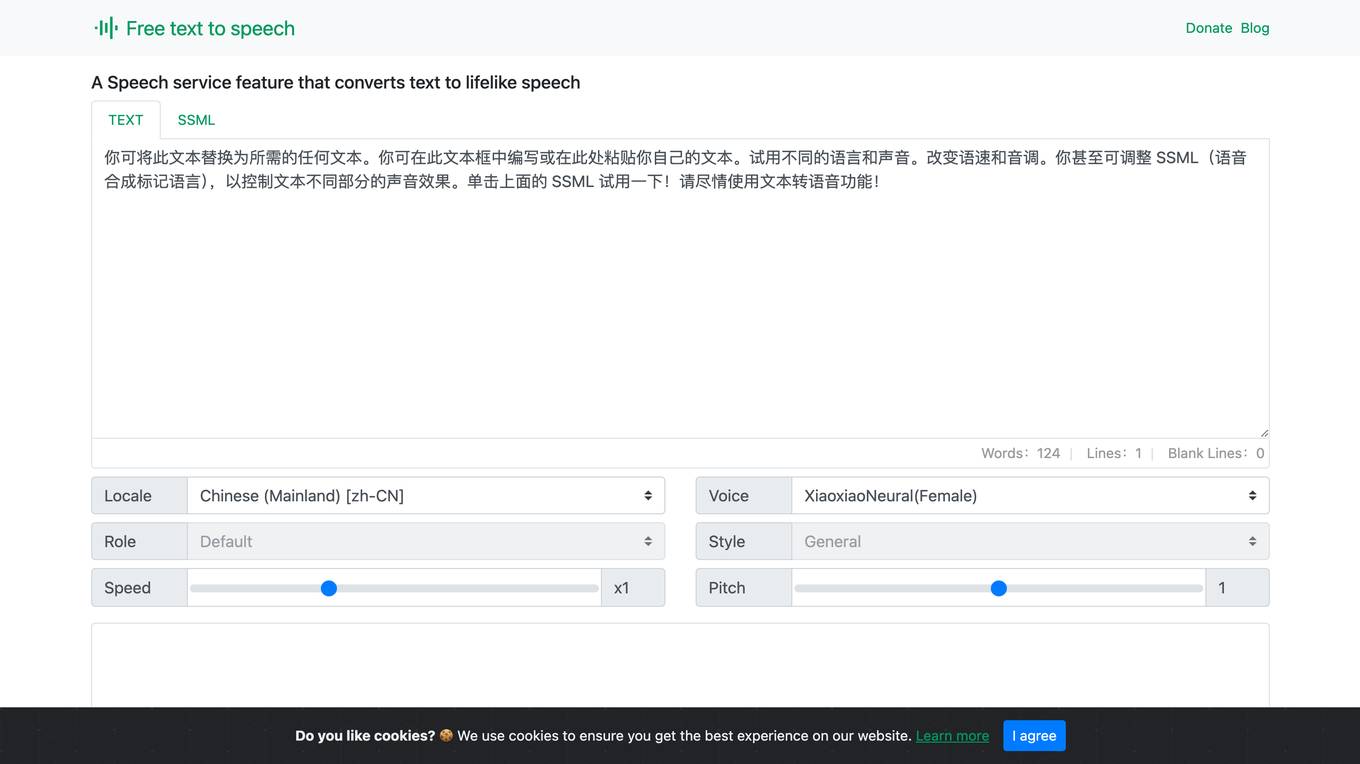
Free Text to Speech Online Converter Tools
This website provides a free text-to-speech converter tool that utilizes Microsoft's AI speech library to synthesize realistic-sounding speech from text. It offers customizable voice options, fine-tuned speech controls, and multilingual support with over 330 neural network voices across 129 languages. The tool is accessible on various browsers, including Chrome, Firefox, and Edge, and can be used for a range of applications, such as text readers and voice-enabled assistants.
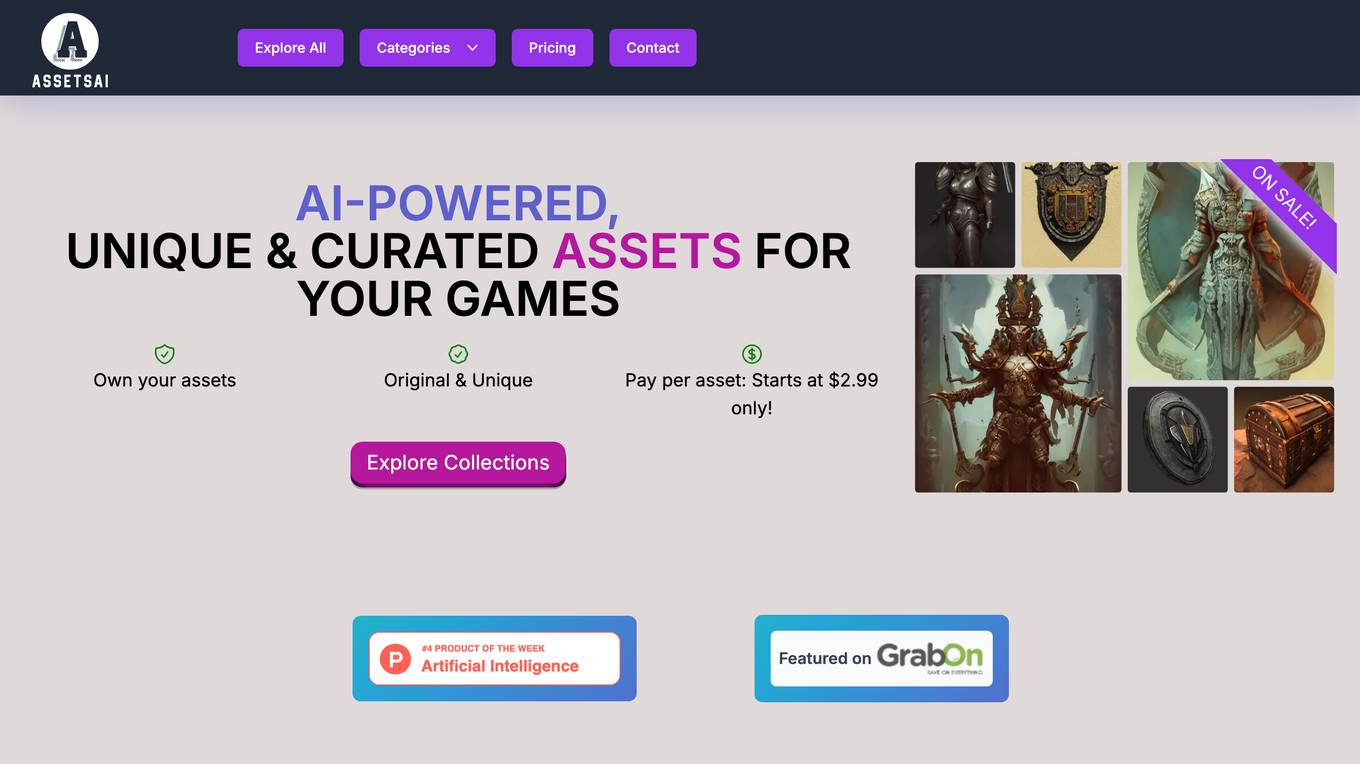
assetsai.art
assetsai.art is a website that currently faces an Invalid SSL certificate error (Error code 526). The error message suggests that the origin web server does not have a valid SSL certificate, leading to potential security risks for visitors. The site advises visitors to try again in a few minutes or for the owner to ensure an up-to-date and valid SSL certificate issued by a Certificate Authority is configured. The website seems to be hosted on Cloudflare, as indicated by the troubleshooting information provided.

SolidGrids
SolidGrids is an AI-powered image enhancement tool designed specifically for e-commerce businesses. It automates the image post-production process, saving time and resources. With SolidGrids, you can easily remove backgrounds, enhance product images, and create consistent branding across your e-commerce site. The platform offers seamless cloud integrations and is cost-effective compared to traditional methods.
1 - Open Source AI Tools
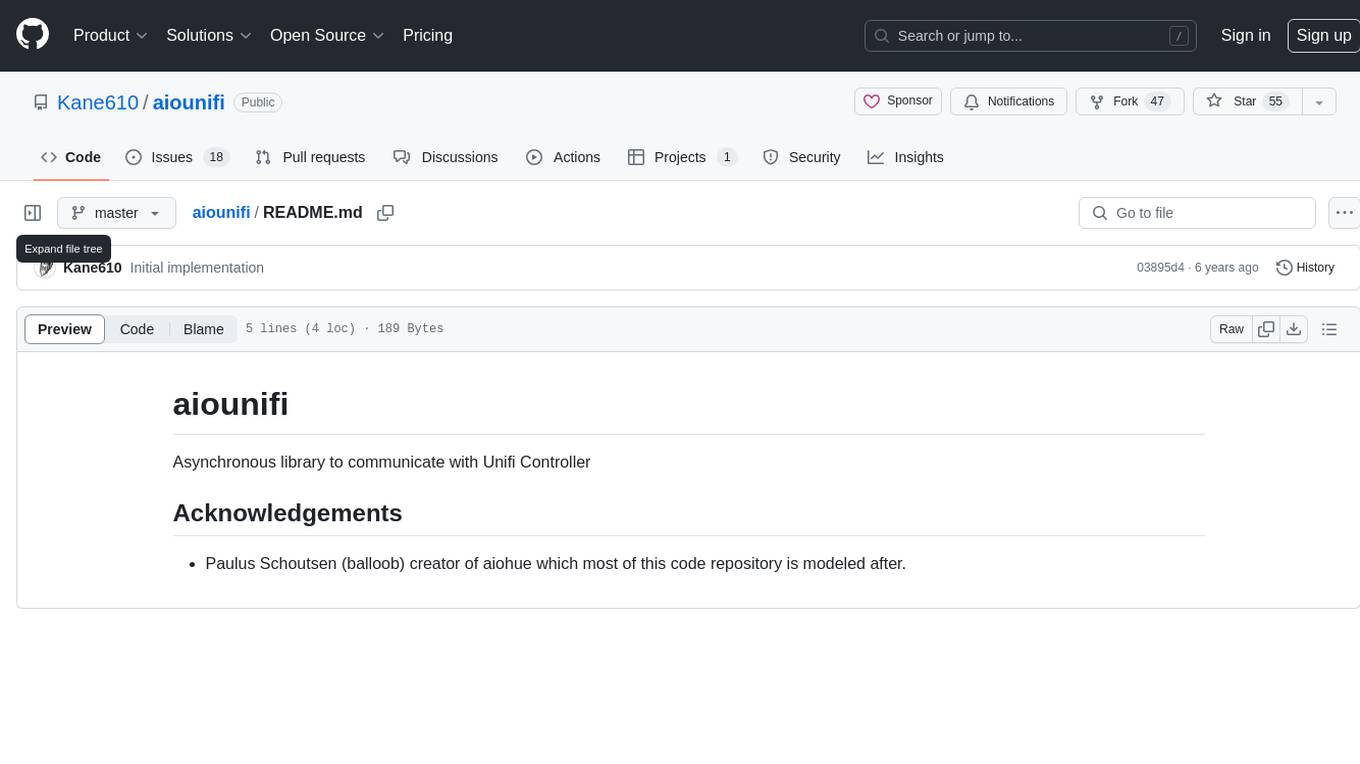
aiounifi
Aiounifi is a Python library that provides a simple interface for interacting with the Unifi Controller API. It allows users to easily manage their Unifi network devices, such as access points, switches, and gateways, through automated scripts or applications. With Aiounifi, users can retrieve device information, perform configuration changes, monitor network performance, and more, all through a convenient and efficient API wrapper. This library simplifies the process of integrating Unifi network management into custom solutions, making it ideal for network administrators, developers, and enthusiasts looking to automate and streamline their network operations.
20 - OpenAI Gpts
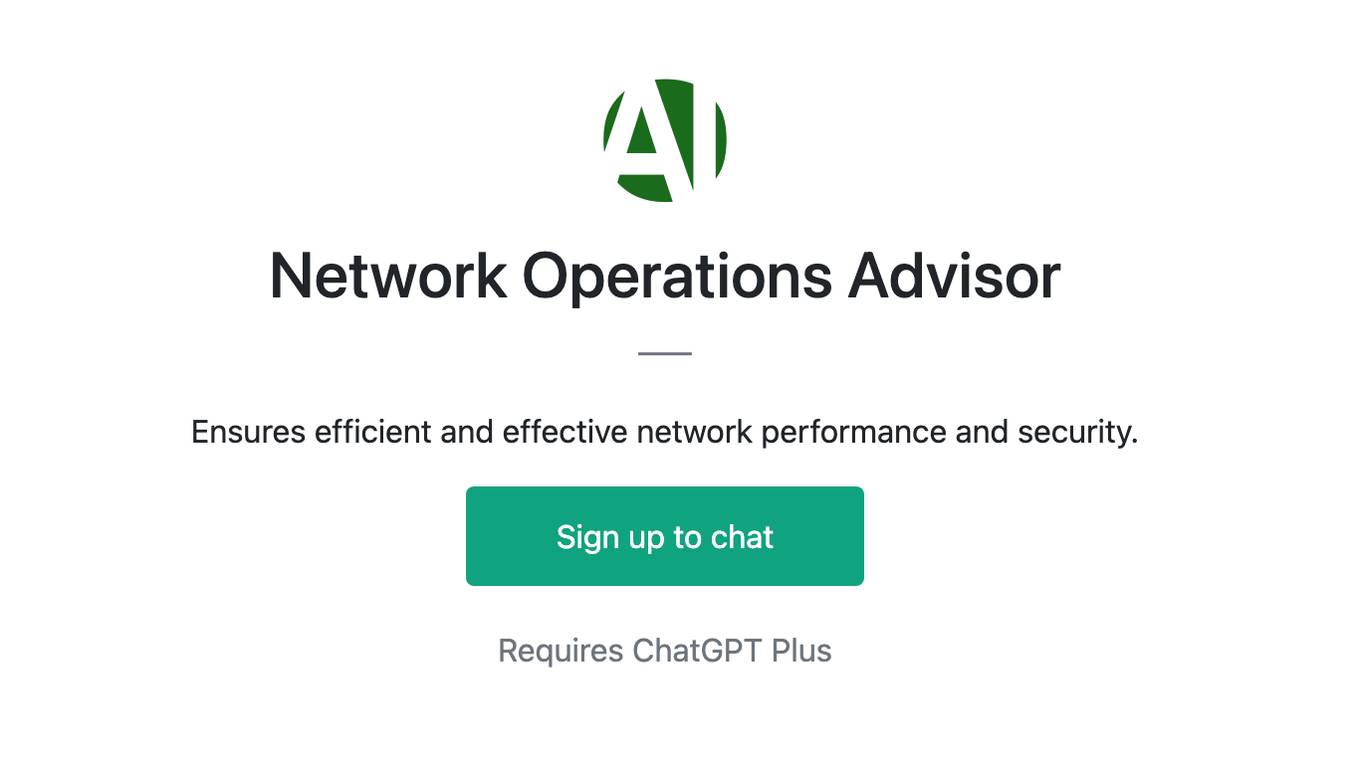
Network Operations Advisor
Ensures efficient and effective network performance and security.
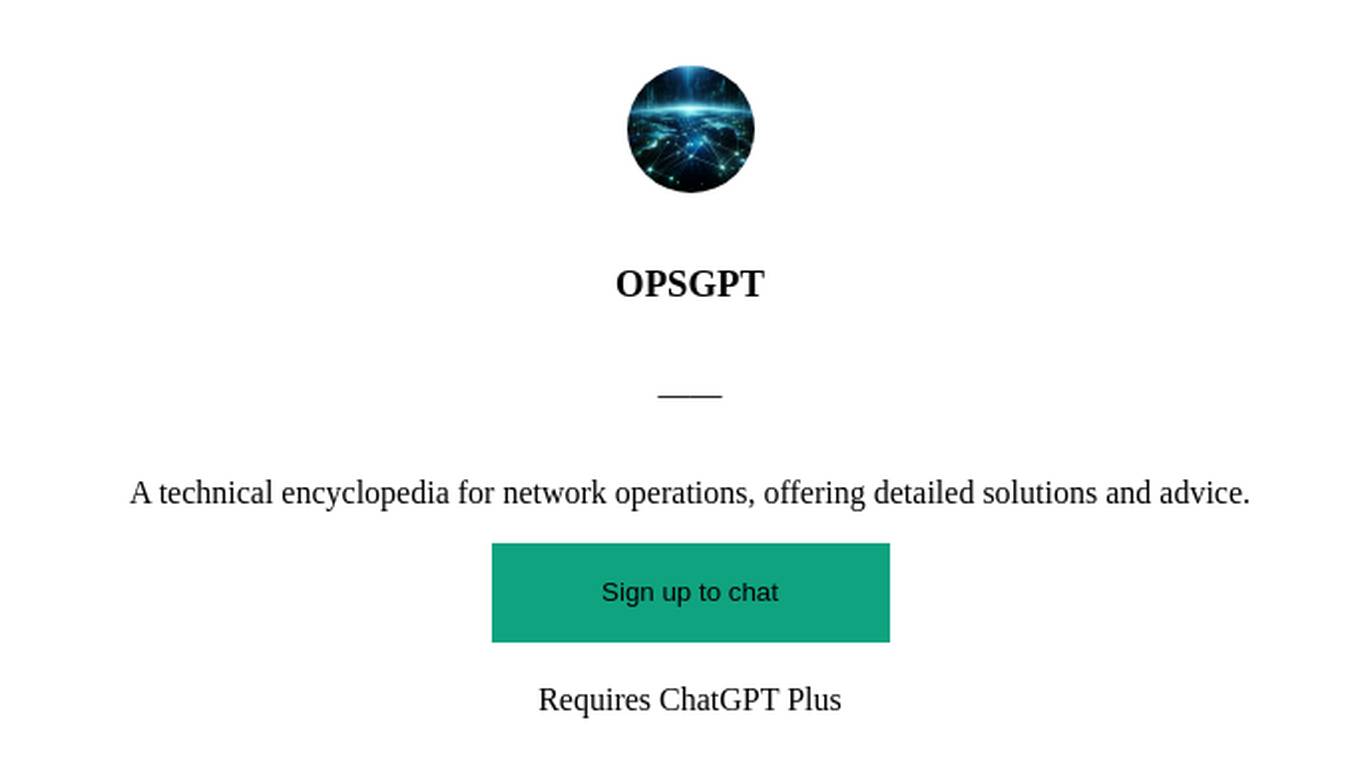
OPSGPT
A technical encyclopedia for network operations, offering detailed solutions and advice.

A Monitoring Expert
Expert in host monitoring setup, providing seamless network monitoring solutions.
